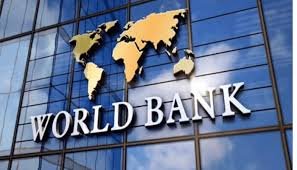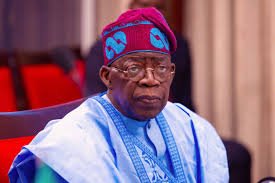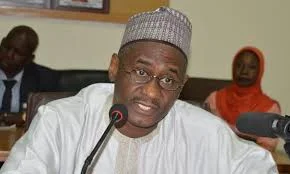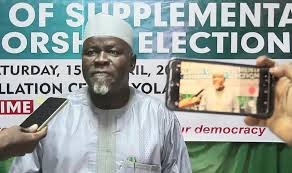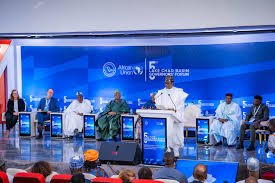The Nigerian government has announced plans to collaborate with the World Bank to create decent jobs for at least 10 million youths over the next five years.
Minister of Youth Development, Ayodele Olawande, disclosed this on Thursday while hosting a World Bank delegation led by Maheshwor Shrestha, a World Bank economist, in Abuja.
Olawande highlighted the ministry’s focus on fostering economic inclusion for young people, ensuring data-driven policies, and promoting skill acquisition.
“The aim is to provide decent jobs directly or indirectly for at least 10 million youths within the next five years and ensure every youth is proficient in at least two income-generating skills,” Olawande said.
The minister also revealed plans to expand credit support funds by $50 million to benefit more youth, including women entrepreneurs, people with disabilities, and those in rural areas. He stressed the urgent need for such interventions, citing that 60 million Nigerian youths are currently in the labor market, with an additional 5.5 million joining annually.
“Almost 58% of Nigeria’s informal workforce is made up of young people. Despite the challenges, this presents significant opportunities for the country’s development if harnessed effectively,” he said.
Olawande identified key barriers to youth employment, including skill deficits, lack of vocational training, limited access to capital, and infrastructural challenges.
In his remarks, Shrestha emphasized the scale of the challenge, noting that 93% of Nigerian youths are engaged in informal sector jobs, with only 7% holding paid employment—and even fewer in permanent positions.
ALSO READ: World Bank Urges Nigeria to Create Productive Jobs to Combat Poverty
“Nigeria faces the task of creating opportunities for the existing youth workforce while preparing for the 5.5 million youths entering the labor market annually,” Shrestha said. He added that the World Bank is exploring ways to enhance safety net support and implement targeted interventions at the state level in collaboration with local authorities.
The partnership is part of a broader effort to address youth unemployment and promote sustainable development in Nigeria.

